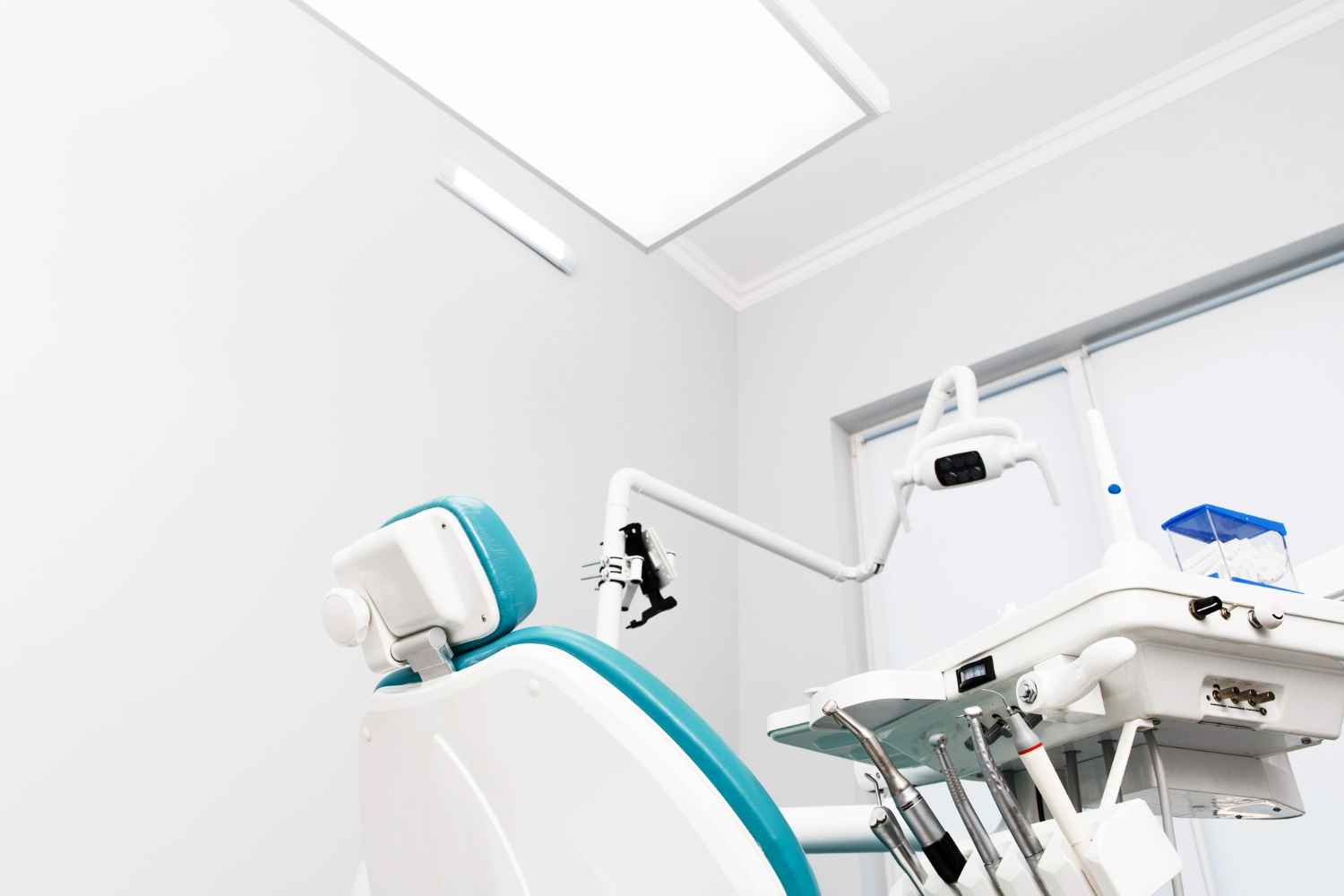In the bustling field of healthcare, Medical assistants play a crucial role in ensuring the smooth running of medical facilities. They are versatile professionals who assist doctors and nurses, perform administrative tasks, and provide essential patient care. To embark on this rewarding career path, the journey begins with the right education. In this article, we’ll explore the education needed to become a competent medical assistant and cover the essentials that aspiring candidates need to know.
What is a medical assistant?
Before exploring educational prerequisites, let’s establish the medical assistant’s role. A physician assistant is a healthcare professional who adeptly combines administrative and clinical tasks to support doctors’ offices, hospitals, and clinics. Notably, their responsibilities range from scheduling appointments and managing patient records to taking vital signs and preparing patients for medical procedures.
What type of education is required to become a medical assistant?

Becoming a skilled and capable medical assistant depends on acquiring formal training, with employers showing a clear preference for candidates who have completed post-secondary qualifications such as diplomas, certificates, or associate’s degrees from accredited institutions. This degree not only imparts crucial medical knowledge but also cultivates the essential skills necessary to perform a wide variety of administrative and clinical tasks. This gives individuals the competence and confidence to contribute effectively to healthcare environments and ensures they can provide valuable support to medical professionals while ensuring smooth operations and patient care.
Do you need education to enroll in a physician assistant program?

When enrolling in a physician assistant program, having a high school diploma or equivalent is generally a requirement, although there are typically no strict requirements. While not required, a solid foundation in subjects such as biology, anatomy, and fundamental maths can be beneficial for a better understanding of program content. In addition, possessing effective communication skills and strong organizational skills provides an added advantage in this profession as these qualities contribute significantly to the successful performance of a physician assistant’s duties and responsibilities.
Which courses do you need to take to become a medical assistant?

Physician assistant programs offer a comprehensive curriculum that includes a wide variety of courses aimed at delivering thorough and well-rounded training. These programs usually cover essential topics such as medical terminology, which delves into the specialized language of the medical field; anatomy and physiology, providing a deep understanding of the structure and functions of the human body; medical ethics, providing an ethical compass in patient care; pharmacology, familiarising students with drugs and their effects; clinical procedures, teaching practical skills for medical interventions; medical office management, providing students with administrative skills; and patient communication, with an emphasis on effective interaction with patients. This multi-faceted educational approach prepares aspiring physician assistants with the knowledge and skills necessary to excel in their critical roles within the health care system.
Do you need certification to become a medical assistant?

Securing certification greatly increases medical assistants’ career prospects and earning opportunities. While not required, qualifications such as the Certified Medical Assistant (CMA), offered by the American Association of Medical Assistants (AAMA), underline a wealth of valuable expertise. In general, the certification process involves successfully passing a comprehensive exam and meeting specific requirements regarding education and field experience. This certification not only validates the proficiency of medical assistants but also demonstrates their commitment to excellence in their field, opening wider opportunities for professional advancement and potentially higher income levels.
Duration of schooling required to become a medical assistant?

The duration of Physician Assistant programs varies depending on the type of education being pursued. Certificate and diploma programs can take 9-12 months to complete; Meanwhile, associate degree programs typically last 1-2 years. The choice between programs largely depends on individual career goals and the desired depth of knowledge.
What are CMA and CNA?

CMAs and CNAs are essential members of the healthcare team. CMAs focus on a mix of clinical and administrative tasks. while CNAs primarily provide hands-on patient care under the supervision of nurses.
CMA: Certified Medical Assistant
A certified medical assistant (CMA) possesses training as a healthcare professional capable of performing a wide array of clinical and administrative tasks. In medical settings such as clinics, hospitals, and doctors’ offices. CMAs work under the supervision of physicians and other medical professionals. Your duties may include taking patient histories, preparing them for tests, administering medications, and performing basic laboratory tests. Also handling administrative tasks such as scheduling appointments and managing patient records. To become a CMA, individuals typically must complete a physician assistant training program and pass a certification exam.
CNA: Certified Nursing Assistant
CNA is a healthcare professional who provides basic patient care and assists Registered Nurses (RNs) and Licensed Practical Nurses (LPNs) in various healthcare settings, including hospitals, nursing homes, and care. Home medical. CNAs excel in tasks like bathing, dressing, vital sign measurement, and aiding mobility enhancement for patients. They often have direct and frequent contact with patients and play a crucial role in maintaining of patients. Similar to CMAs, CNAs also need to finish a training program and clear a certification exam for this role.
Medical Assistant Benefits?

Versatile Skill Set: Physician assistants are trained in clinical and administrative tasks, giving them versatile skills. The given skill allows them to work in a variety of healthcare settings.
High Demand: The healthcare industry is in constant demand for medical assistants, offering job stability and a variety of job opportunities.
Fast Entry: The training required to become a medical assistant is relatively shorter compared to other healthcare professions, allowing for quicker entry into the field.
Patient Interaction: MAs often have direct interaction with the patient, providing care and support, which can be rewarding for those who enjoy helping others.
Career Growth: With additional experience and certifications, medical assistants can advance their careers by taking on more responsibilities or specializing in certain areas of healthcare.
Diverse Work Settings: MAs may work in a variety of healthcare settings. Including hospitals, clinics, doctor’s offices, and specialty practices. This enables them to experience diverse healthcare environments.
Continuous Learning: The field of healthcare is constantly evolving, providing physician assistants with opportunities to continue learning and stay current with medical advancements.
Job Satisfaction: Contributing to patient care, assisting medical professionals, and being part of a team. They can lead to a high level of job satisfaction.
Networking: Working closely with doctors, nurses, and other healthcare professionals enables MAs to build a strong professional network within the industry.
How to choose the right medical assistant program?
Choosing the right physician assistant program requires careful consideration of several factors. When assessing options, it is critical to prioritize program accreditation so that the institution meets established quality standards. Dive into the depth of the curriculum offered and measure its completeness and alignment with your career goals. Valuable hands-on training opportunities should also be an important consideration as they enhance the practical skills critical to the role. In addition, it is essential to research the experience of the teachers as their expertise has a significant impact on your learning. Look for programs that offer robust job-finding assistance to ease your transition into the job market. Finally, the convenience of the program location and hours should suit your personal circumstances and commitments.





